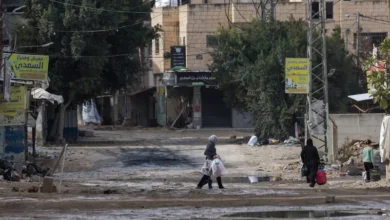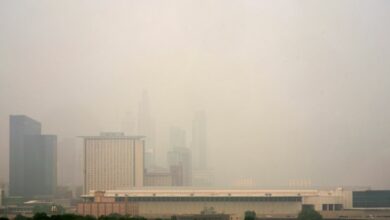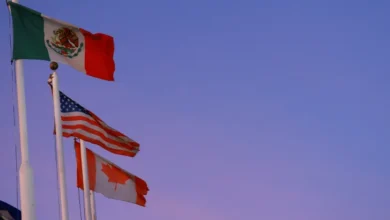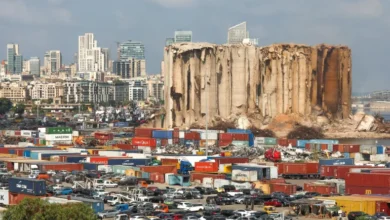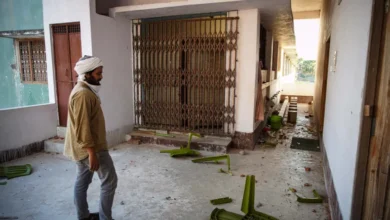Switzerland rejects criticism over handling of Russian assets
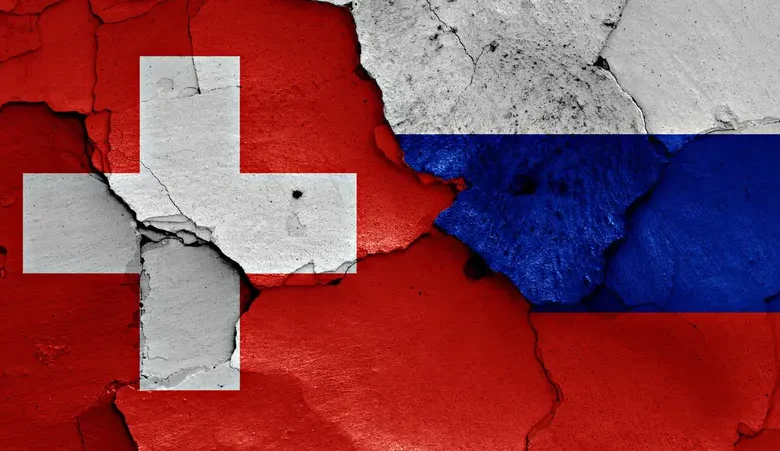
Switzerland insisted Tuesday it was clamping down on Russian assets parked in the country, after other countries accused the Swiss of not going far enough.
Bern has frozen 7.5 billion Swiss francs ($8.3 billion) in assets since imposing sanctions on Russia following its invasion of Ukraine last year, said Helene Budliger Artieda, director of the State Secretariat for Economic Affairs (SECO) government department.
That is the equivalent of around “a good third” of the 21.5 billion euros ($23.4 billion) frozen across the neighboring European Union, she told the Neue Zurcher Zeitung newspaper.
Switzerland is not in the EU but has matched the bloc’s sanctions on Russia.
Budliger Artieda voiced surprise that Switzerland could therefore be accused of being “negligent” in its obligations.
Last week, the Group of Seven powers asked Switzerland to be more active in freezing the assets of Russian oligarchs, said the Handelszeitung newspaper.
A confidential letter signed by all the G7 countries’ ambassadors in Bern was sent to the Swiss government asking it to do more, the weekly said.
Last month Scott Miller, the US ambassador to Switzerland, took aim at SECO, estimating that Bern could block a further 50 to 100 billion Swiss francs in Russian assets.
“When we meet on a technical level with the EU, Britain and the United States, we never hear this kind of criticism. There are obviously misunderstandings,” Budliger Artieda told the NZZ.
“The figure of 50 to 100 billion francs was initially circulated as a possible estimate of Russian funds under management,” though it was not an estimate produced by Switzerland, she said.
“But not all Russians are subject to sanctions — only a small minority.”
Asked whether the frozen assets could be confiscated to finance the eventual reconstruction of Ukraine, Budliger Artieda said a working group had “come to a clear conclusion: ownership rights would be violated.”
“The confiscation of private assets is not permitted in Switzerland if they are of lawful origin and have no proven criminal background,” she said.
